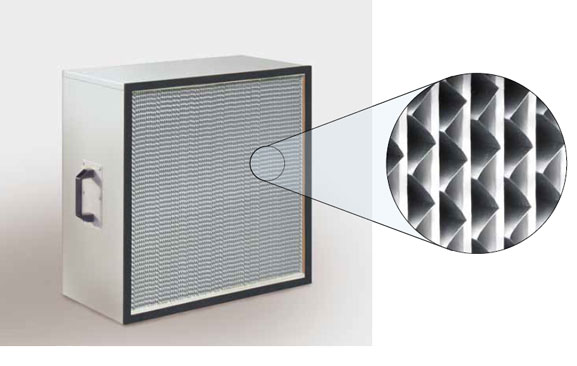Big energy saving week launched
UK – This week has been declared Big Energy Saving Week as part of a joint campaign between the Energy Saving Trust, the Department of Energy and Climate Change (DECC) and Citizens Advice. The campaign, which starts today and continues throughout the week, will help householders across the UK reduce their energy bills by checking they are on the best deal, switching tariff or supplier and saving energy by taking control of their heating and electricity. The Big Energy Saving Week will also feature free advice which is available all week over the phone, online and at a host of events across the UK.
Although energy bills are undoubtedly the principal financial concern for most households, 63 per cent of people report that they feel there is nothing they can do about them. The campaign hopes to show consumers that they could save hundreds of pounds a year on their fuel bill by simply checking that they are not paying more than they have to for their energy. The campaign has been simplified to three easy steps – check, switch and save. The check step involves verifying if customers are getting the best deal from their current supplier, the switch step is for consumers to switch to another supplier if they are not getting a good deal while the save step sees households being encouraged to save energy and money by improving insulation in their homes.
The campaign also highlights that switching suppliers is not the only solution for obtaining a better deal as most suppliers offer up to four tariffs for gas and four for electricity, along with discounts for managing your account online or choosing a ‘dual fuel’ deal, therefore it is necessary for customers to know which tariff is best for them.
The Energy Saving Trust also estimates that the average home in the UK could save up to £130 on their energy bill per year – and thereby avoid emitting 500kg of carbon dioxide – simply by taking energy saving steps.
Other solutions which can help households save money on their energy bills include an energy efficiency retrofit of the house – comprising insulating cavity walls, topping up loft insulation, installing double glazing and upgrading a boiler – which could save a household up to £320 on their annual energy bills and reduce CO2 emissions by 1.3 tonnes a year. The campaign aims to remind customers that 33 per cent of heat is lost through the walls of their home, and 26 per cent through the roof, so proper insulation will therefore generate important energy savings and consequently reduce the energy bill/
The campaign also highlights that there are a lot of small things that households can do to waste less energy such as turning off lights and switching appliances off at the wall. To help customers the Energy Savings Trust released a list of their top ten tips for saving energy as follows:
1 If there is a timer on your central heating system, the heating and hot water should be set to come on only when required: 30 minutes before getting up in the morning and set to be switched off 30 minutes before leaving the house.
2 The cylinder thermostat of a hot water tank should be set to either 60 degrees Celsius or 140 degrees Fahrenheit.
3 All curtains should be drawn at dusk to stop heat escaping through the windows and check for draughts around windows and doors.
4 Always turn off any lights when leaving a room.
5 Appliances shouldn’t be left on standby and laptops and mobile phones should not be charged unnecessarily.
6 Ensure that the washing machine, tumble dryer or dishwasher is fully filled before using it.
7 Try to only boil as much water as is needed.
8 All leaking taps should be fixed and fully turned off as a dripping hot water tap can waste enough energy in a single week to fill half a bath.
9 When possible, dry clothes outside rather than using a tumble drier.
10 Carry out a home energy check to see what savings can be made on household energy bills.
The events happening across the UK this week:















